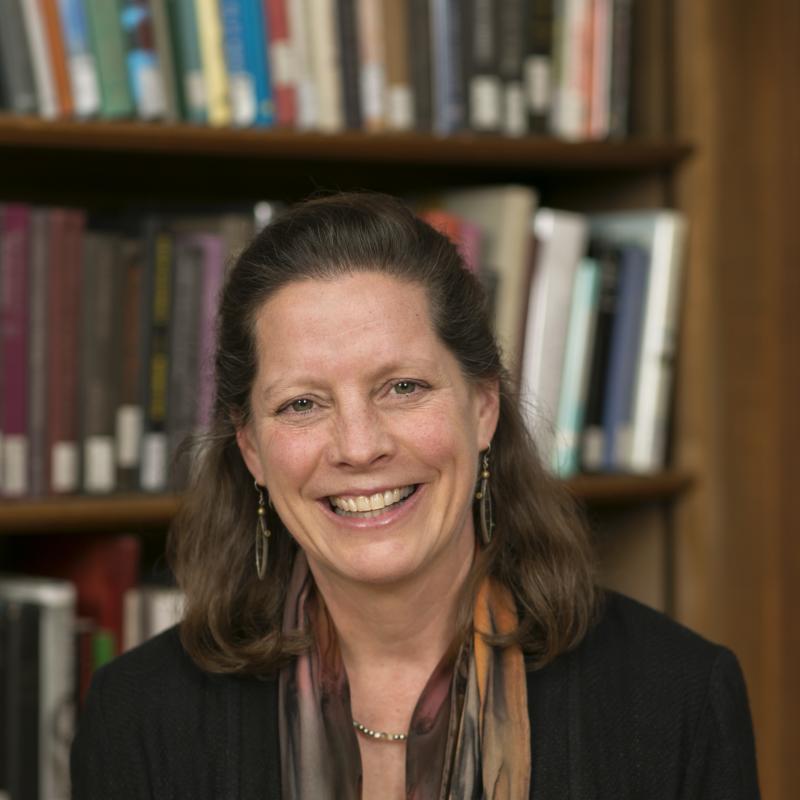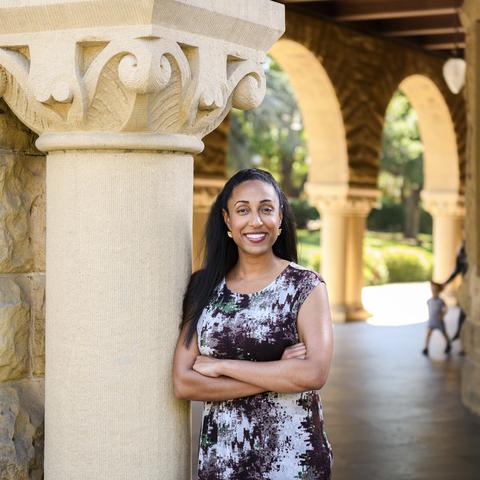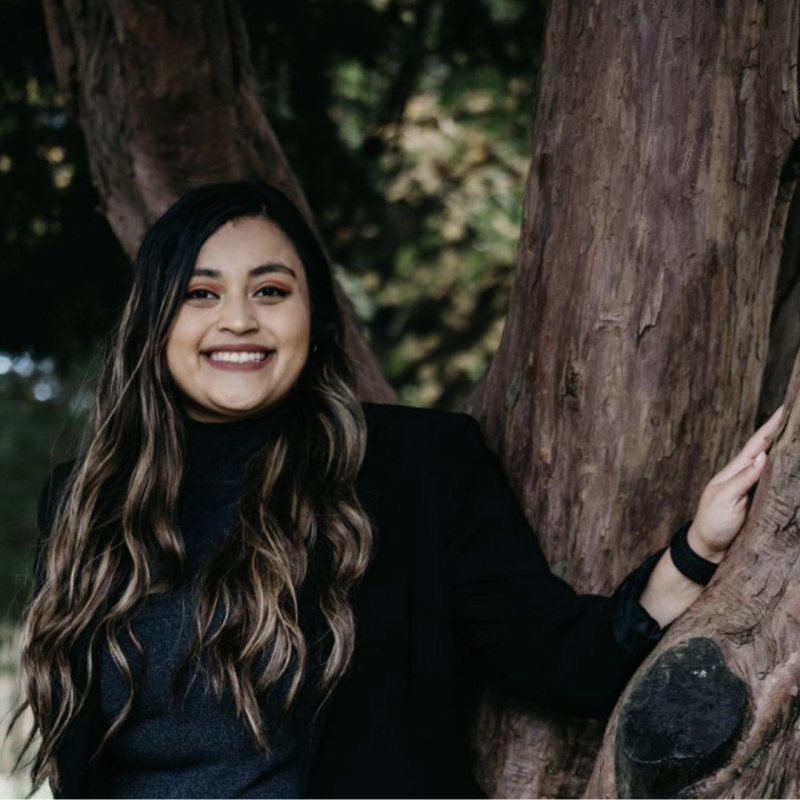
Alison Cook-Sather
Early in her career as a teacher educator, Alison Cook-Sather realized a serious flaw at the heart of the classical model of education: The teacher is considered the lone expert in the classroom.
Students, she knew, have accumulated knowledge and expertise – wisdom that could enrich a class discussion and even educate the teacher. But in any given class, “teachers are assuming they know what students need,” says Cook-Sather, the Mary Katharine Woodworth Professor of Education at Bryn Mawr College. “It's a disservice to the students and to the teachers, because no human being can know that about another.”
In 1995, with a teacher at a nearby high school, Cook-Sather launched Teaching and Learning Together, a project to prepare future educators through student-teacher partnerships. Students share their perspectives on creating equitable and inclusive educational practices with pre-service teachers, who then integrate those insights into their thinking and their plans.
“Being taken seriously and being in conversation make a difference in the learning environment,” says Cook-Sather, who has directed the Teaching and Learning Institute (TLI) at Bryn Mawr and Haverford Colleges since 2006. Deep engagement between students and teachers is at the heart of the TLI’s signature program: Students as Learners and Teachers (SaLT), which puts undergraduates in the paid position of pedagogical consultant to faculty.
Cook-Sather, who will receive the 2022 Alumni Excellence in Education Award on Oct. 20, is recognized internationally for the SaLT program, which has inspired colleges around the world to embrace student-teacher partnership to support pedagogical practice. By placing students’ lived experience and needs at the center of learning, SaLT also offers institutions the opportunity to expand their commitment to equity and inclusion.
“If we are truly going to be responsible to the diversity of students who are enrolled in higher education,” she says, “we have to create structures and practices through which students come to know that they matter as beings, as learners, as people.”
To register for the awards presentation on Thursday, October 20th, please visit our event page, or RSVP directly to Tiffany Ah Tye at ahtyet@stanford.edu.
Photo courtesy of Bryn Mawr College



